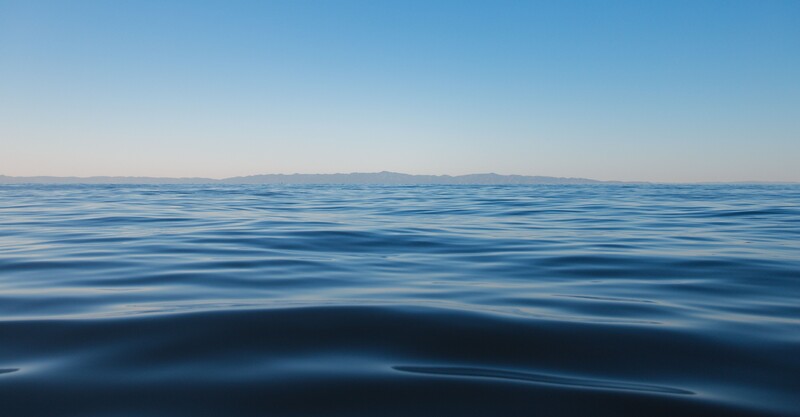Today, in unsurprising news, dumping nuclear wastewater into the ocean is controversial.
What happened: Japan began releasing nuclear wastewater into the Pacific Ocean from the Fukushima nuclear power plant, which was shut down after a tsunami triggered a nuclear disaster in 2011. Japan believes that releasing ~1.34 million tonnes of contaminated water that has built up (in the years since) is a vital step in retiring the plant from service.
- The International Atomic Energy Agency, the UN’s nuclear watchdog, approved the plan last month, but neighbours like China and South Korea are still mad about it.
- “[Japan is] putting its own self-interest over the long-term well-being of all humankind," Chinese Foreign Ministry Spokesperson Wang Wenbin said.
Yes, but: Japan has said, “don’t sweat it!” as most of the radioactive elements have been filtered out of the water. The one remaining element, tritium, is one of the less harmful radioactive elements, and the amount of tritium per litre is well within the WHO’s safety limit.
Why it matters: Japan’s unilateral decision to dump wastewater without consulting its neighbours raises concerns as nuclear power grows in popularity. With dozens of new nuclear power plants being built across the world, particularly in Asia, waste management is a critical piece of safely embracing this growing energy source.
In Canada: Planning is underway for, potentially, the world’s biggest nuclear power plant. Meanwhile, guidance to update Canada’s nuclear waste policy has been put forward.—QH